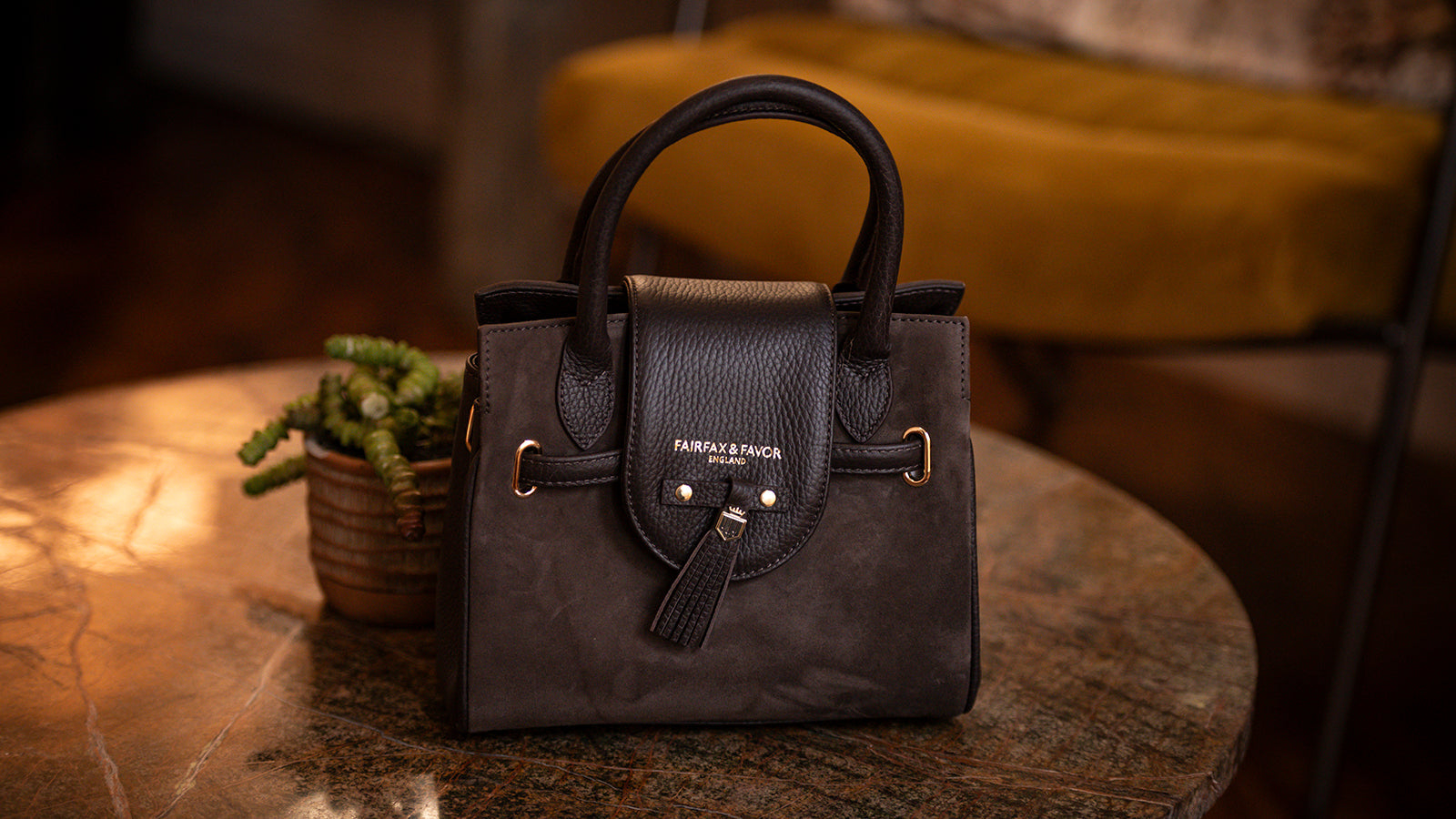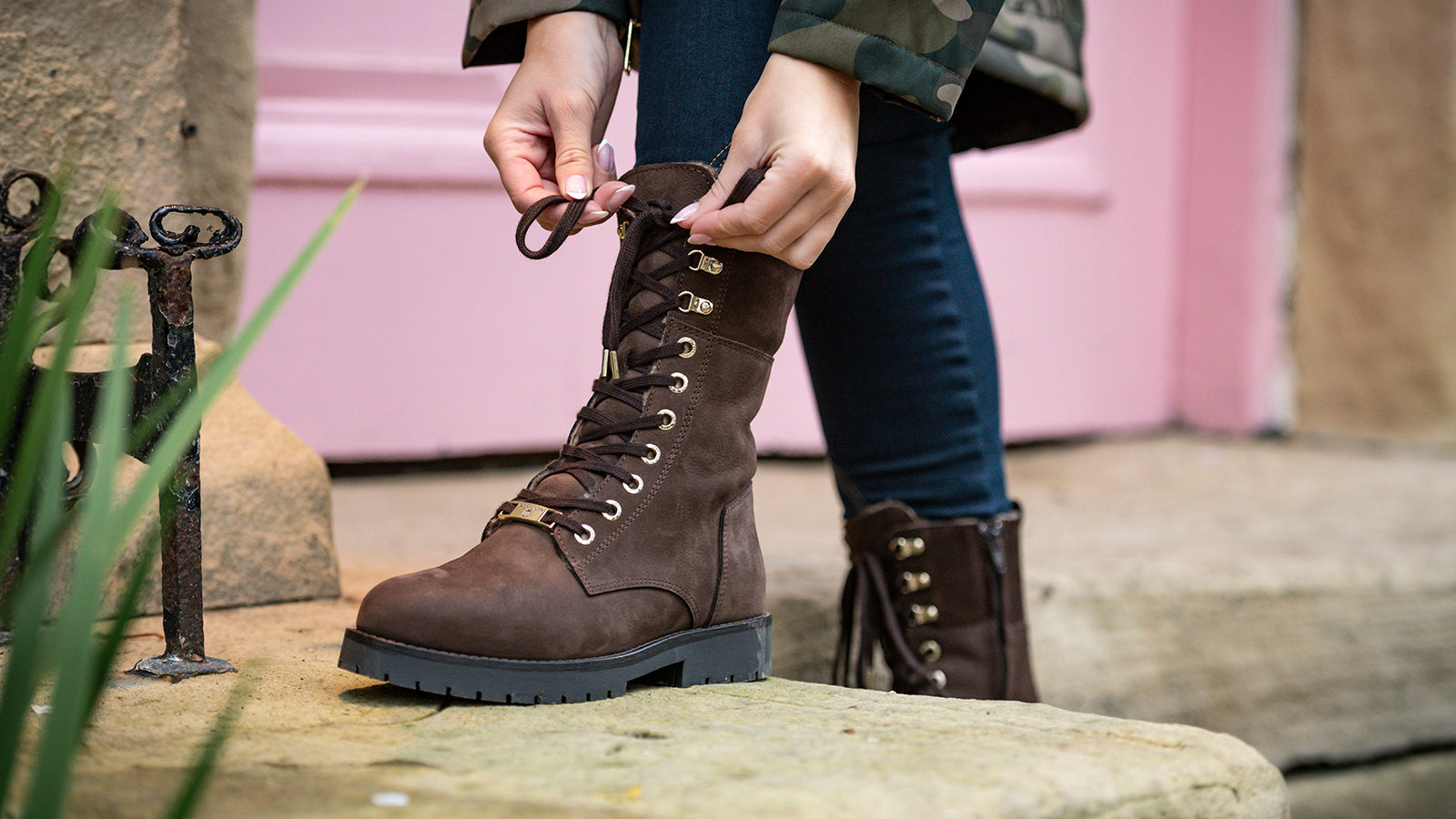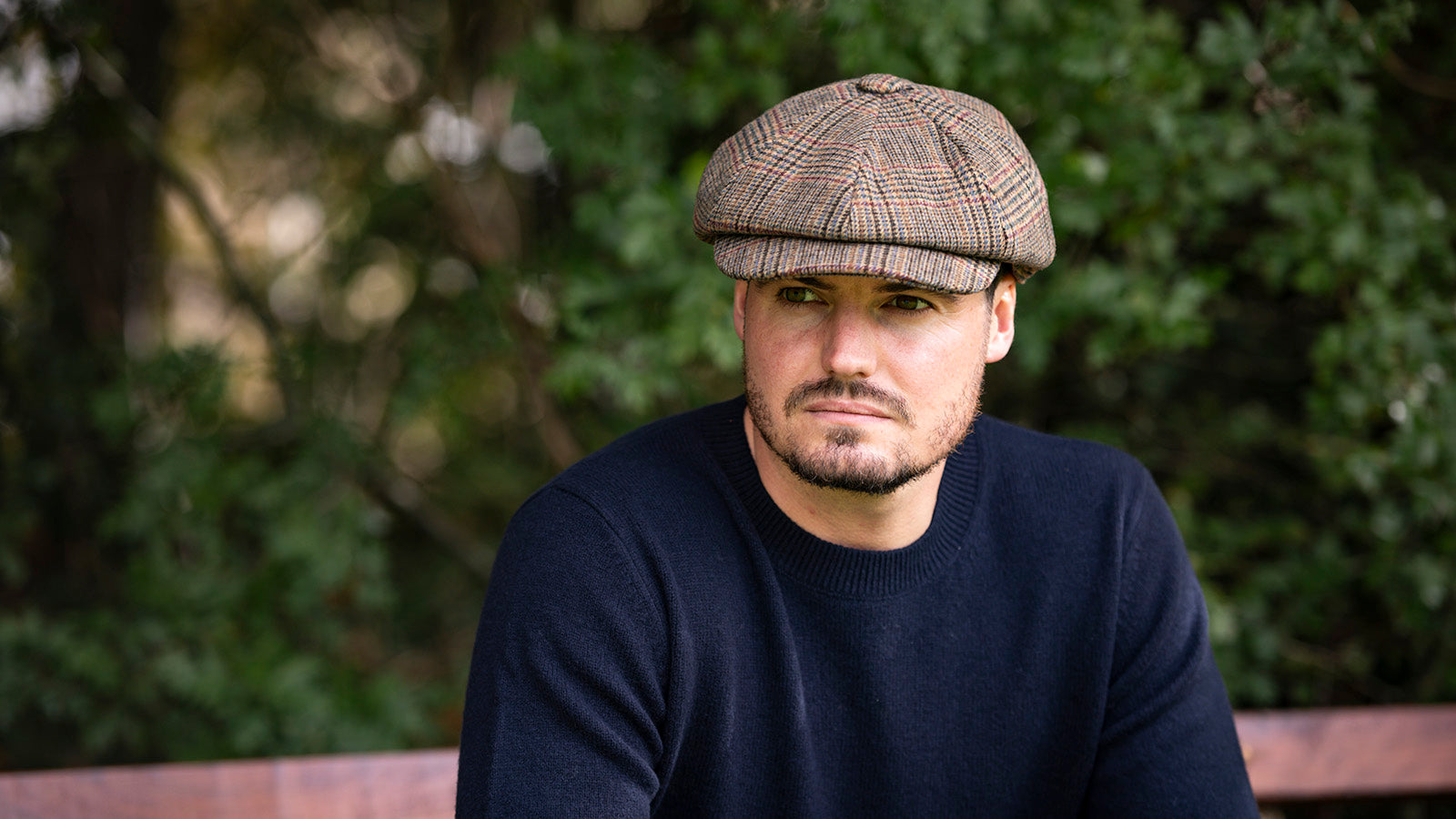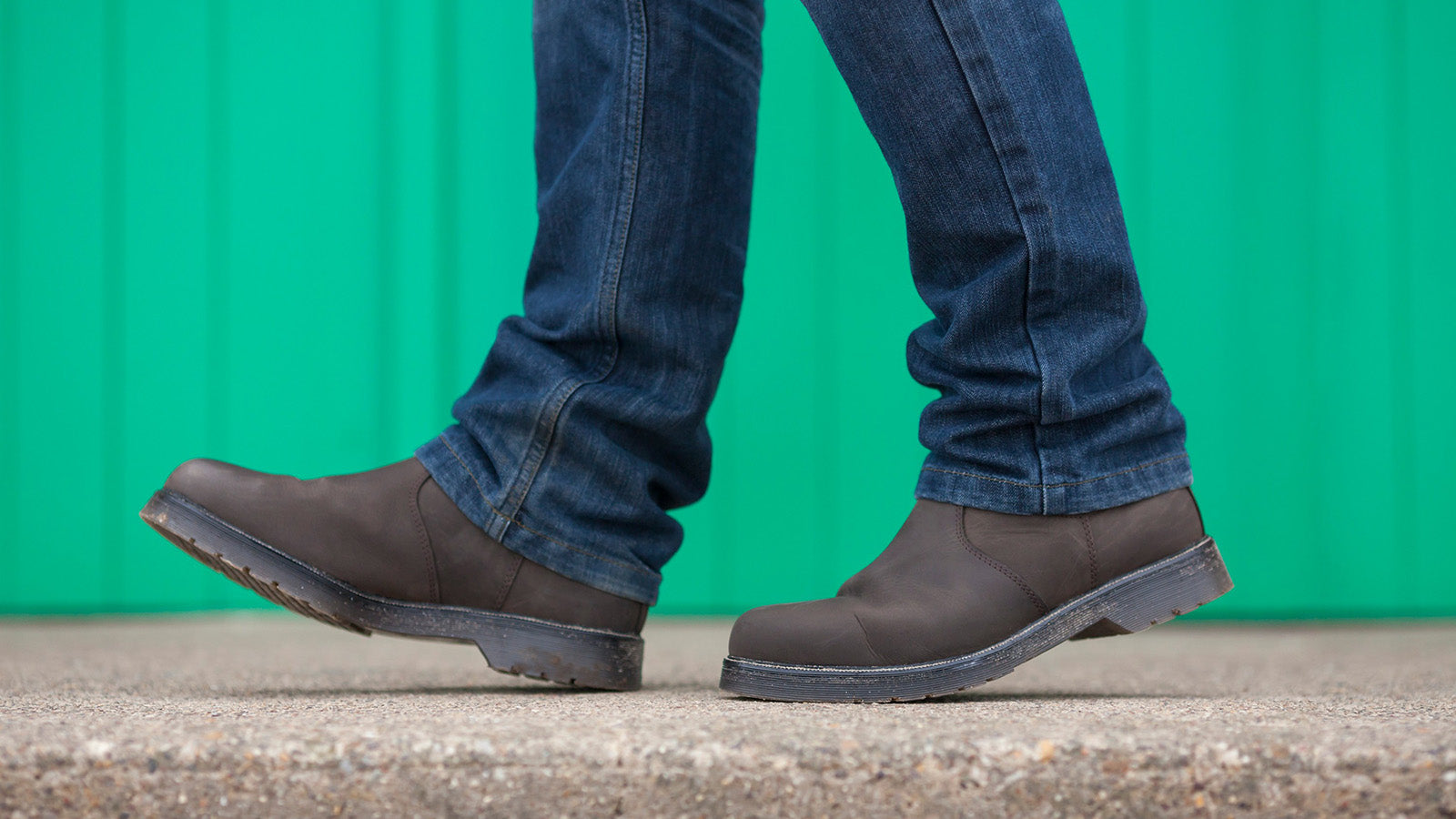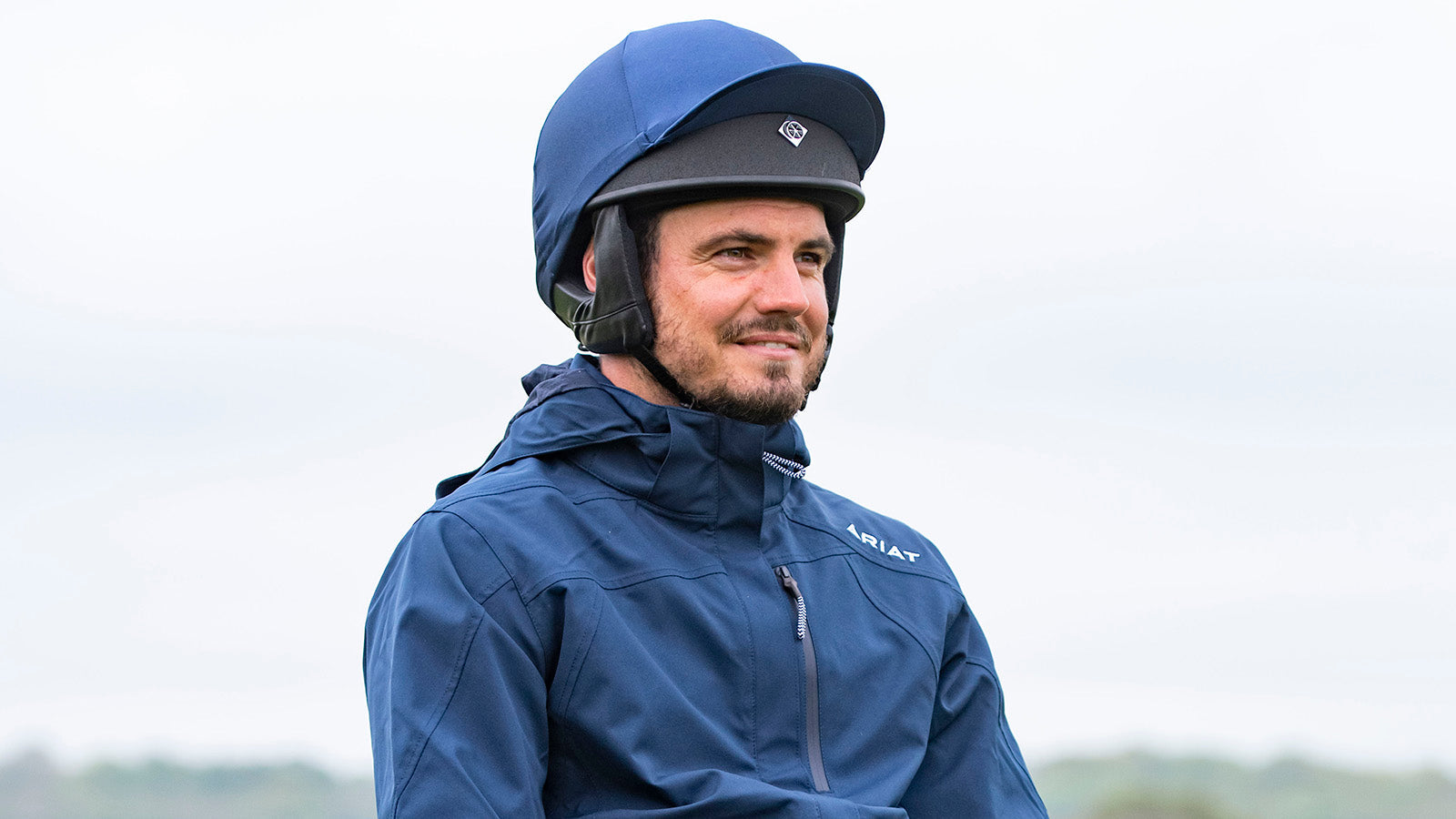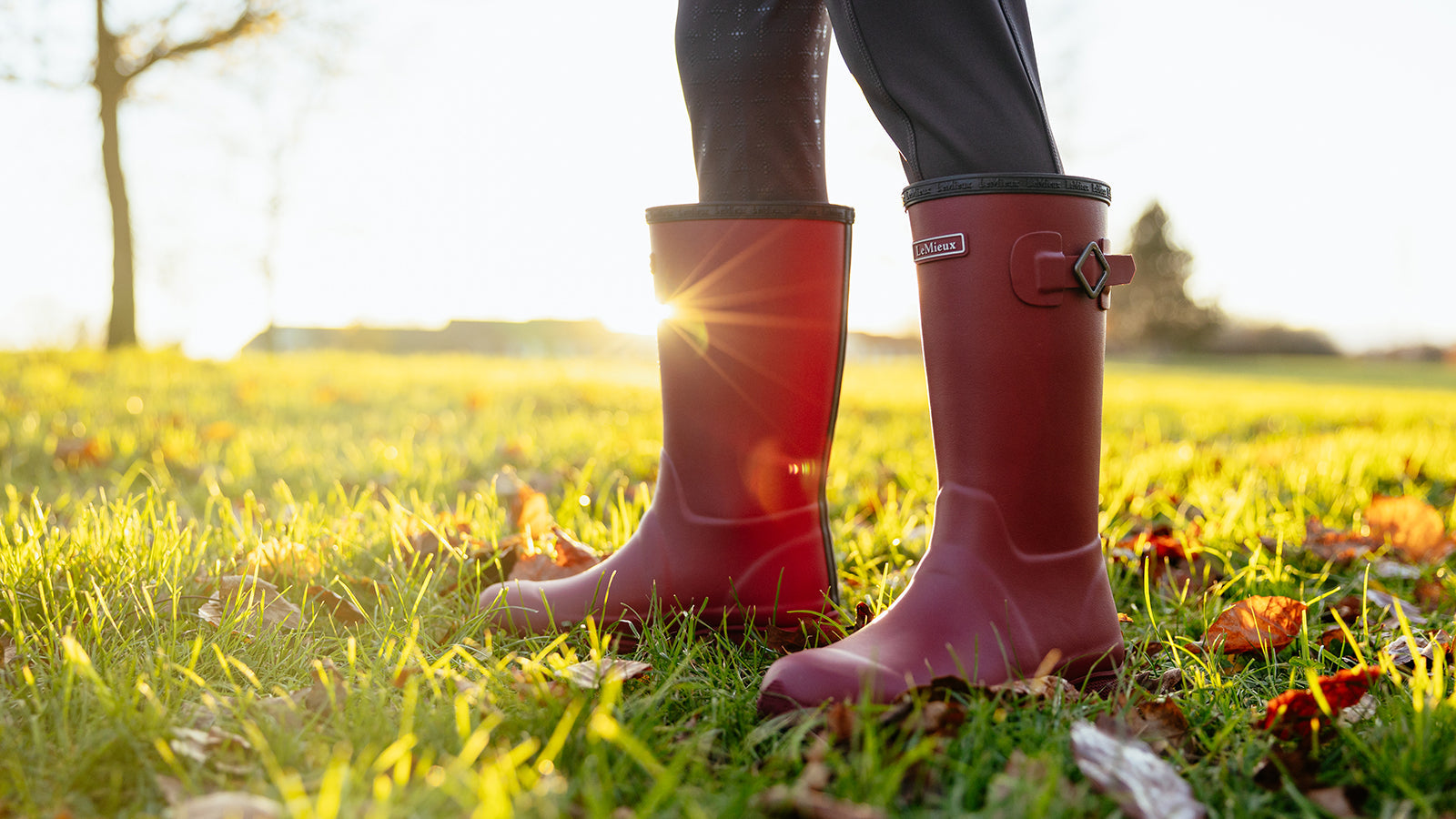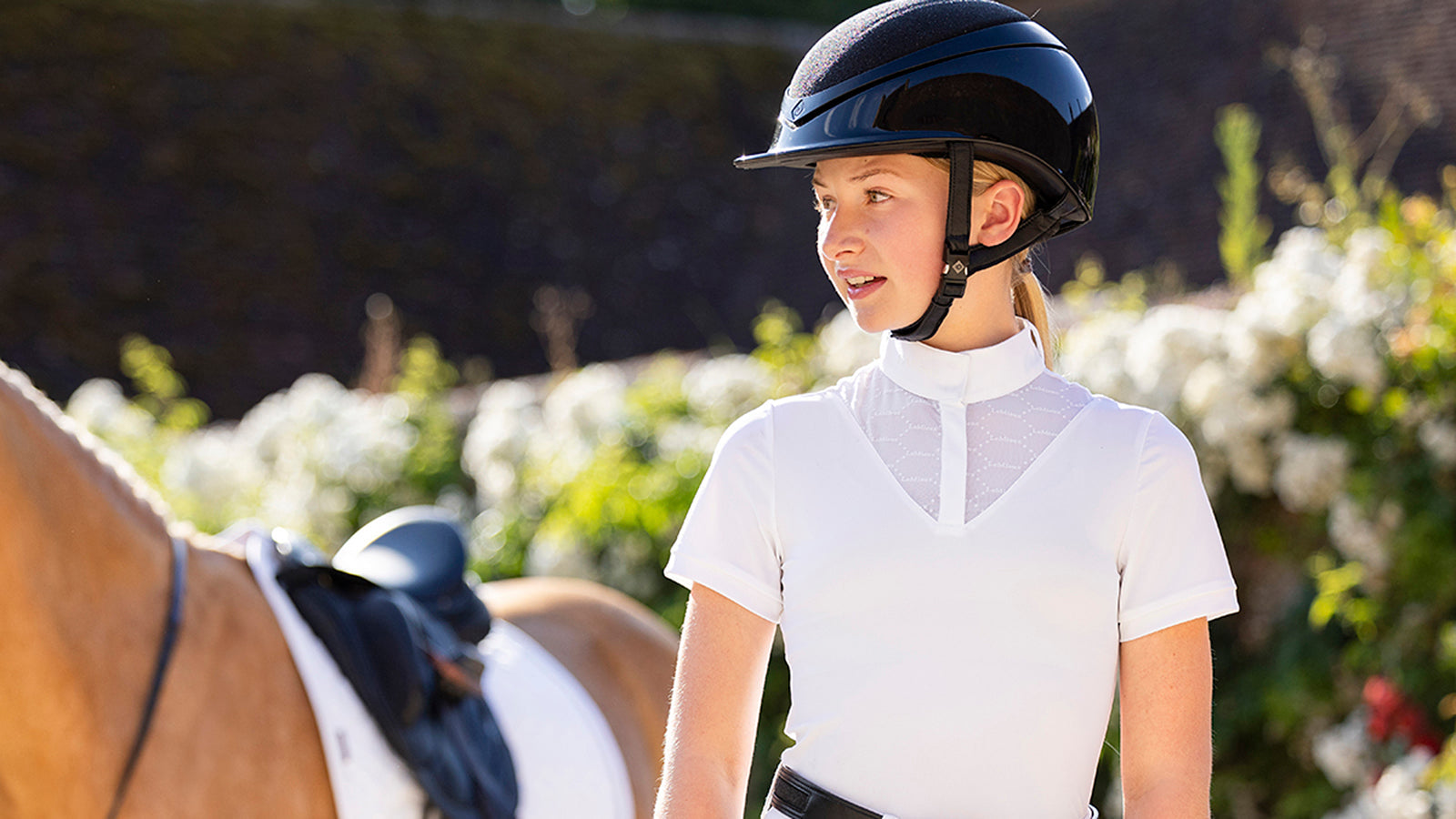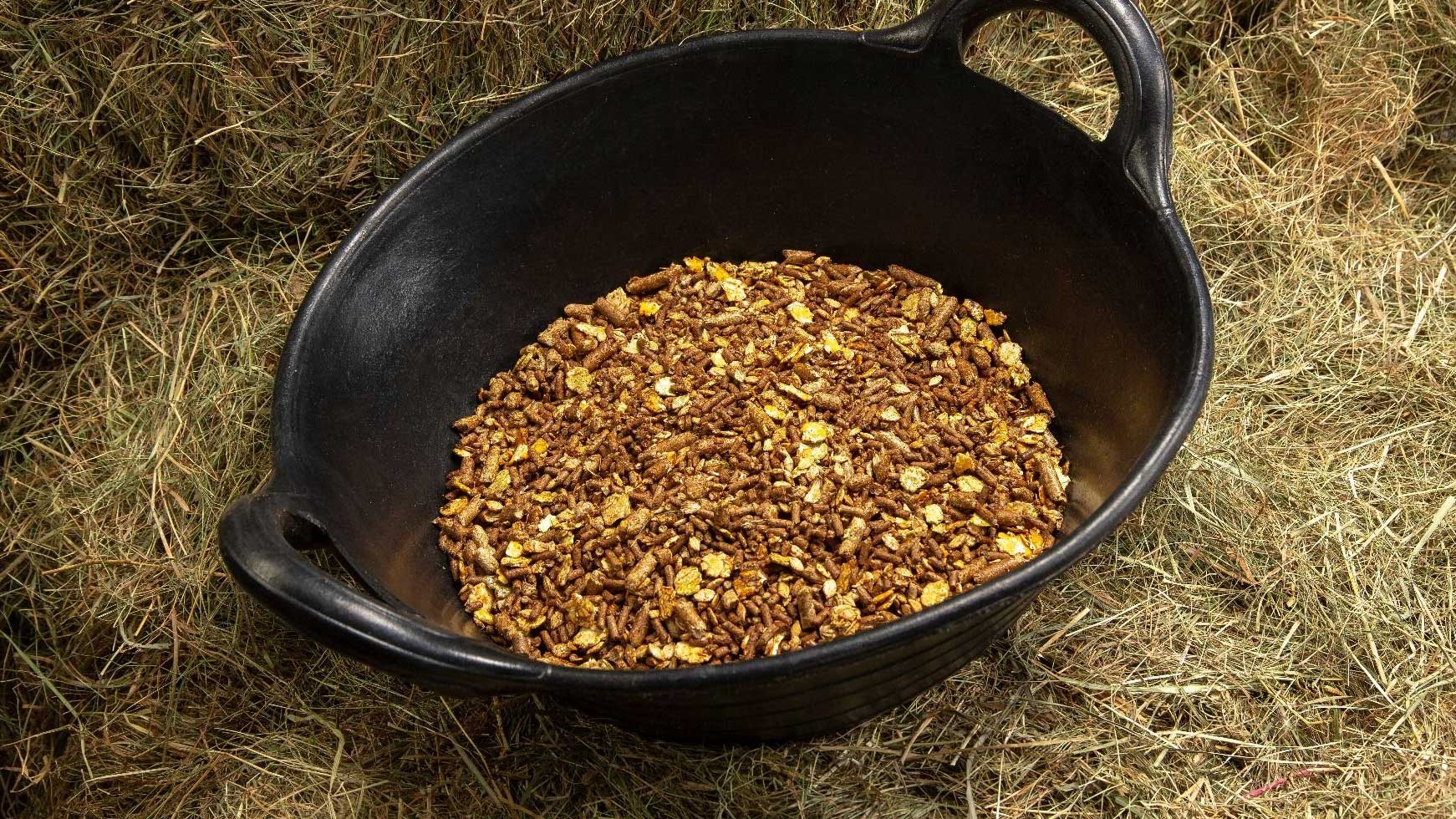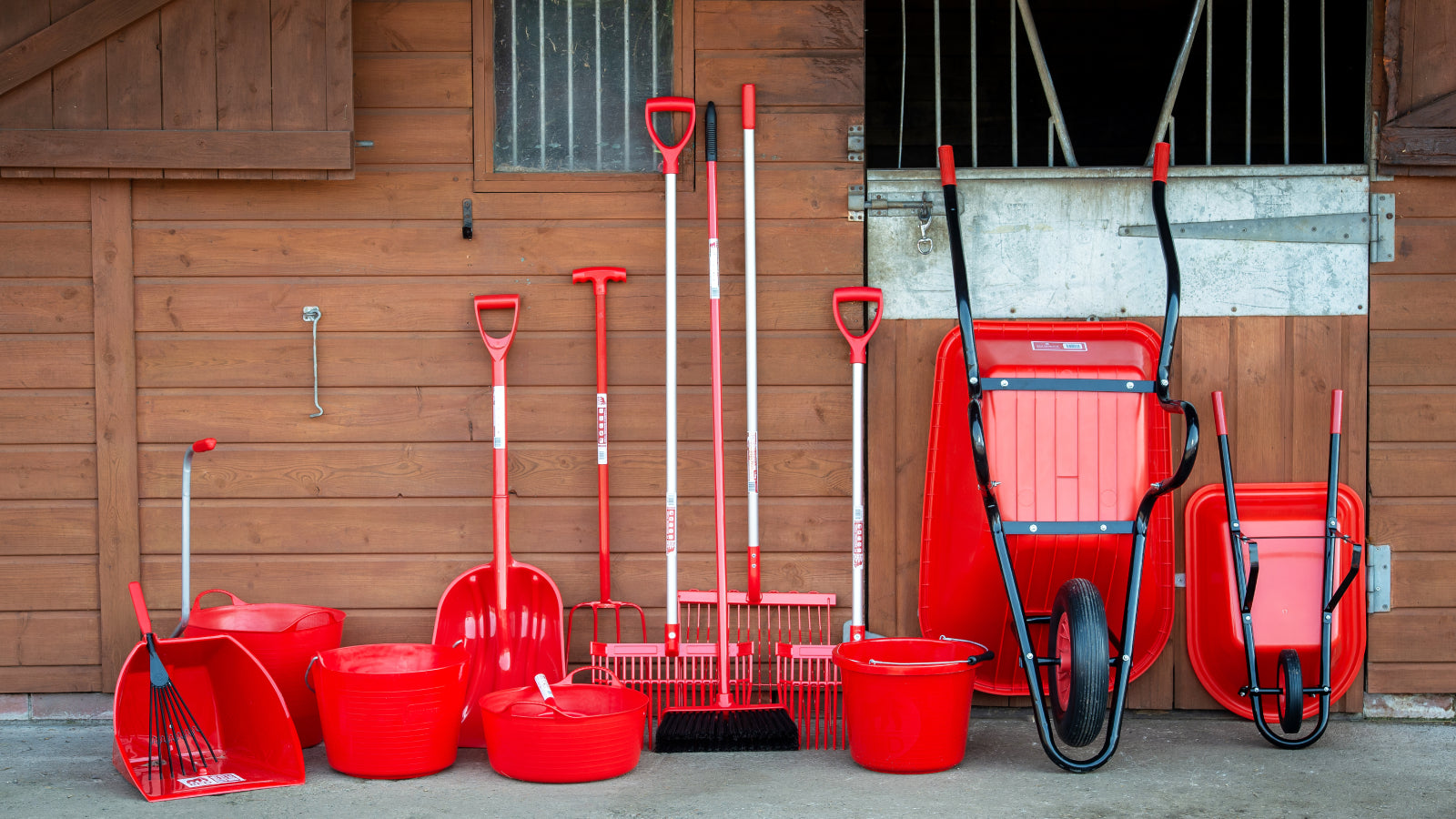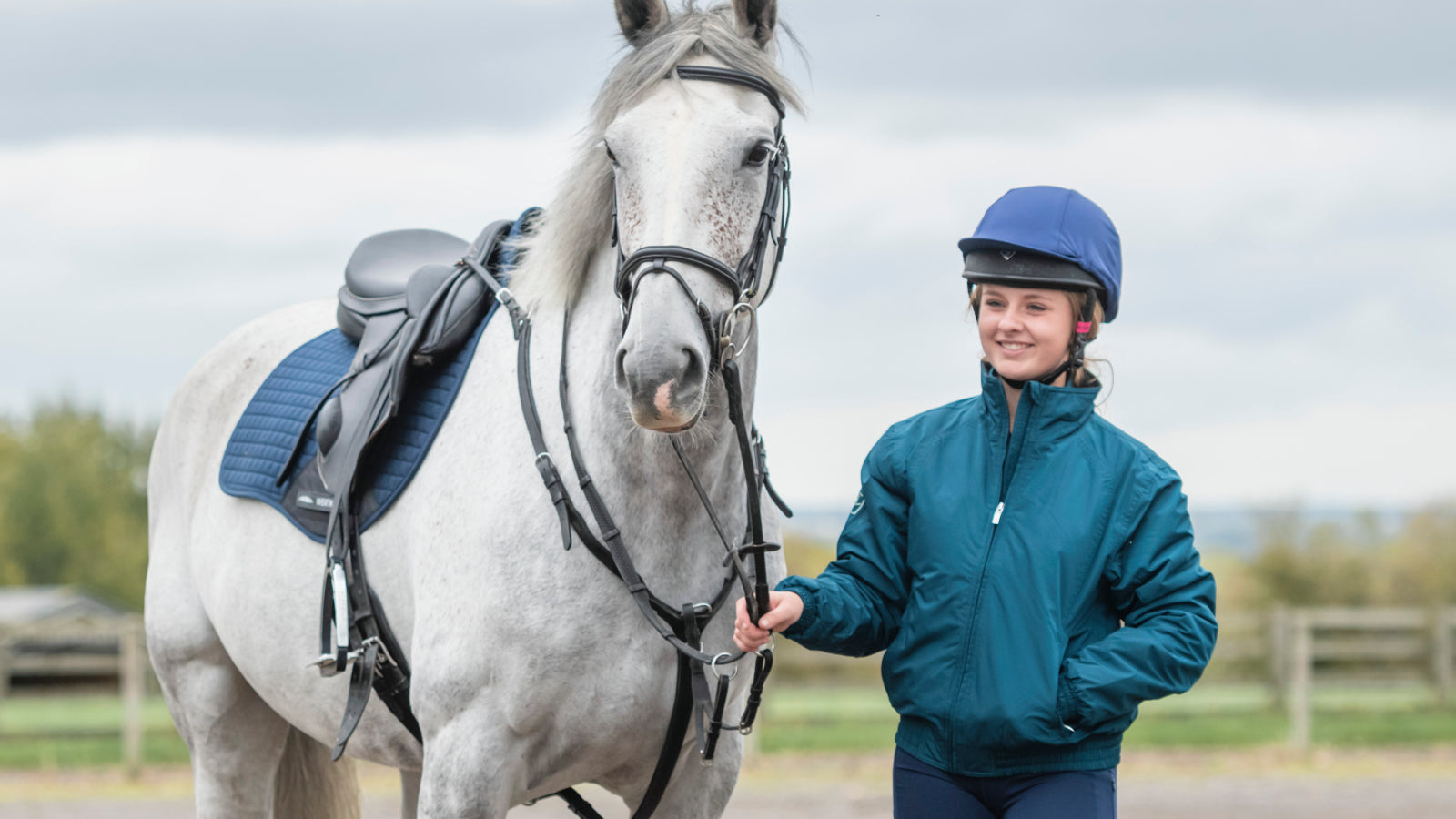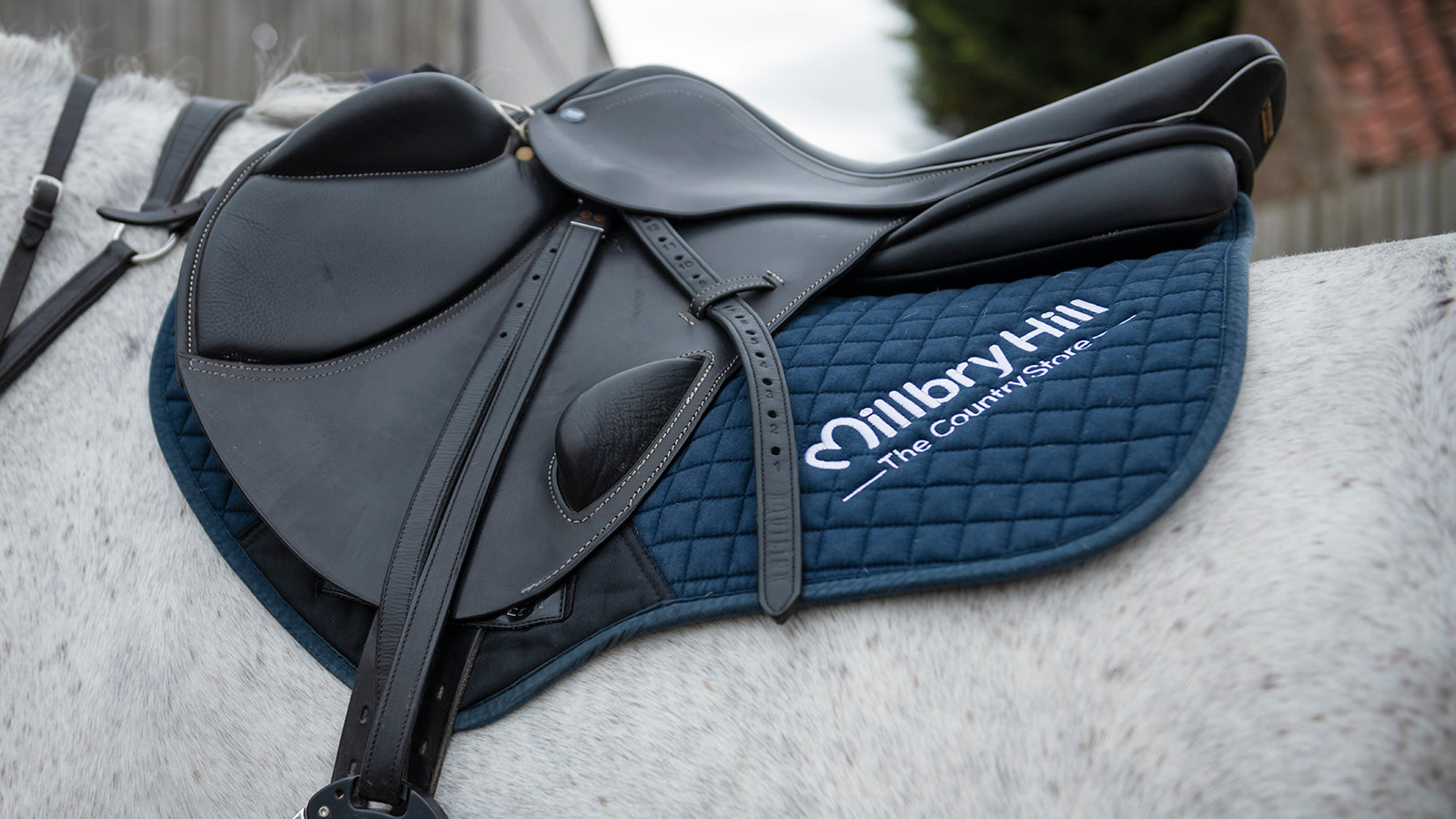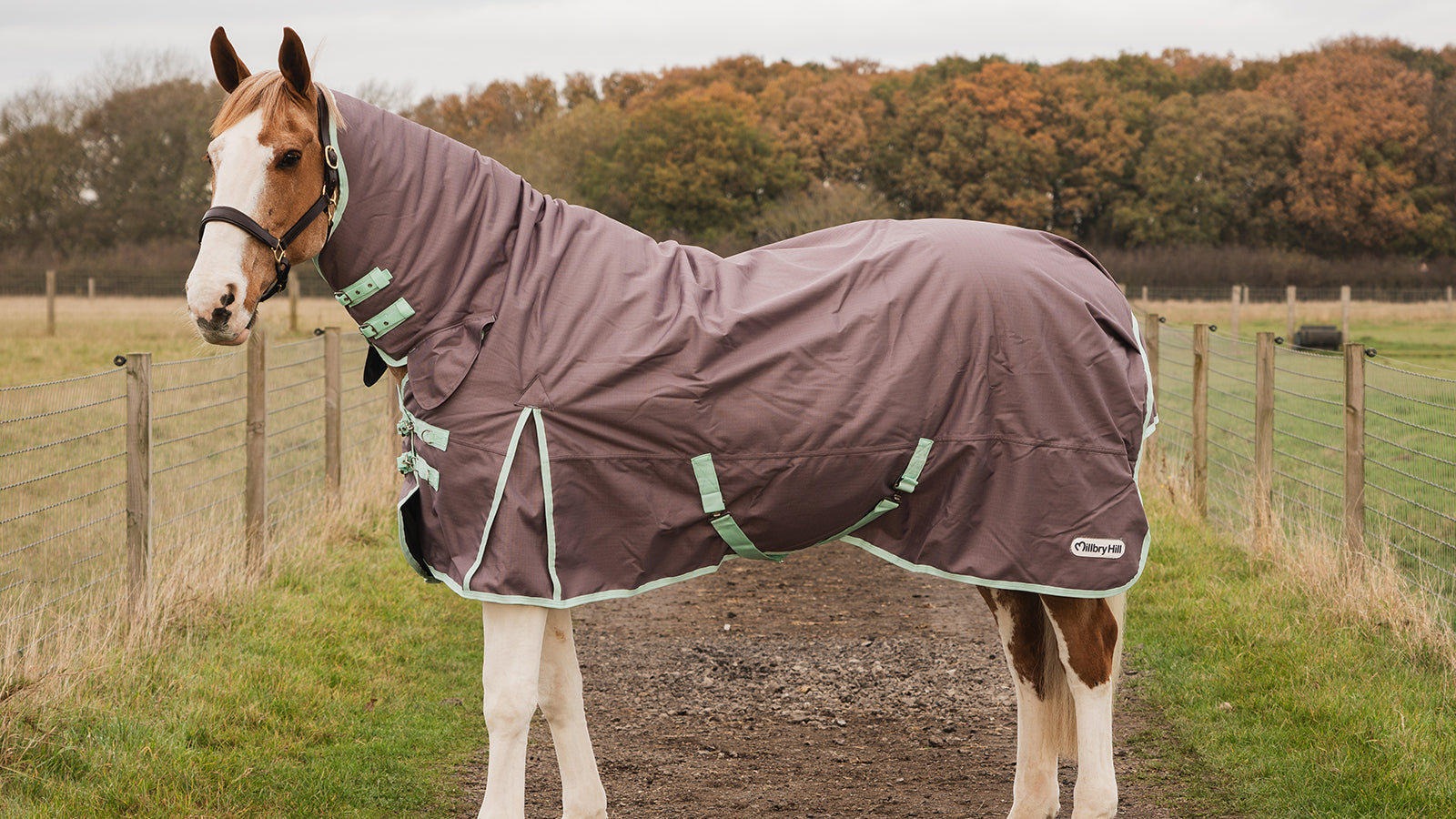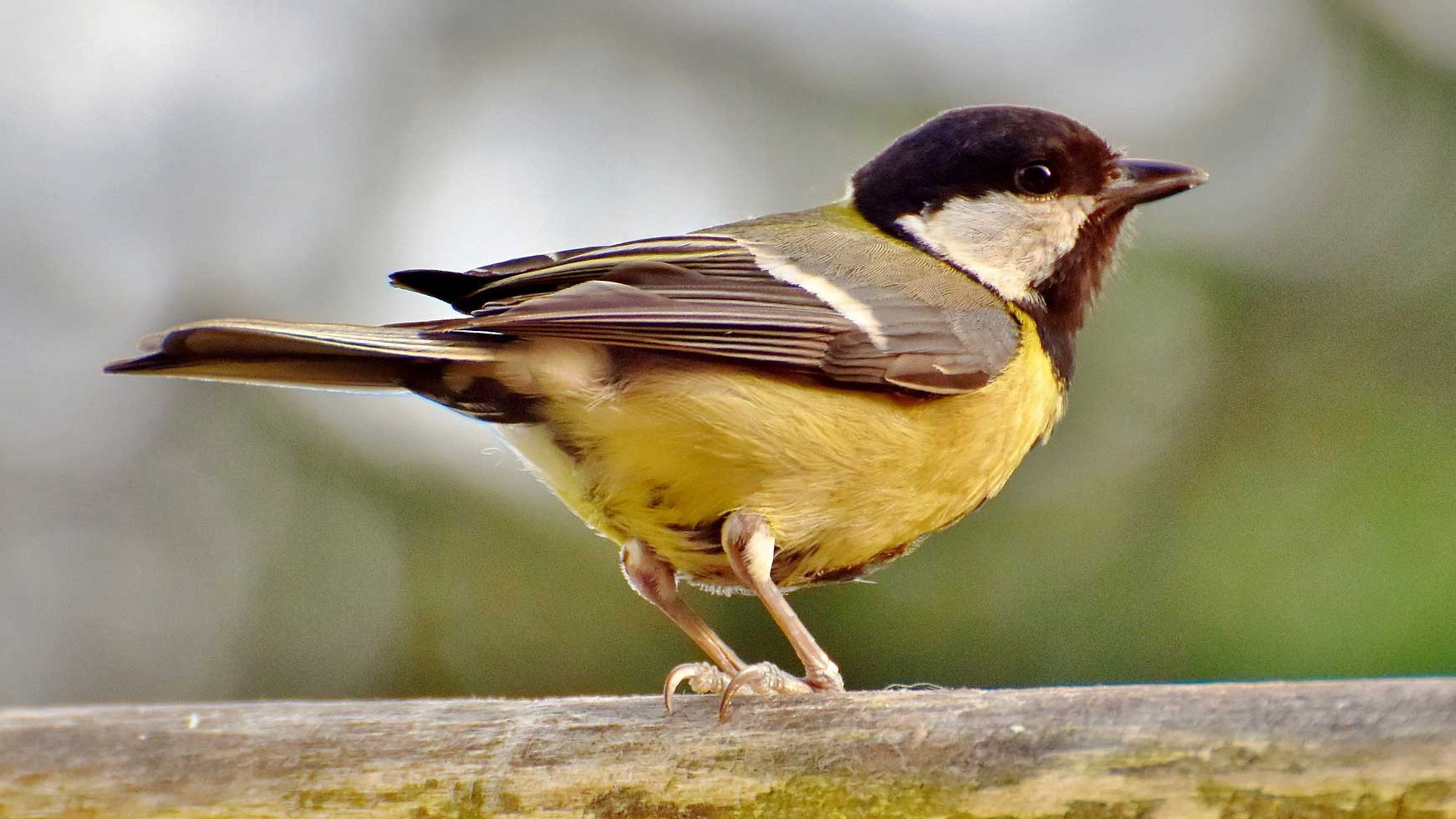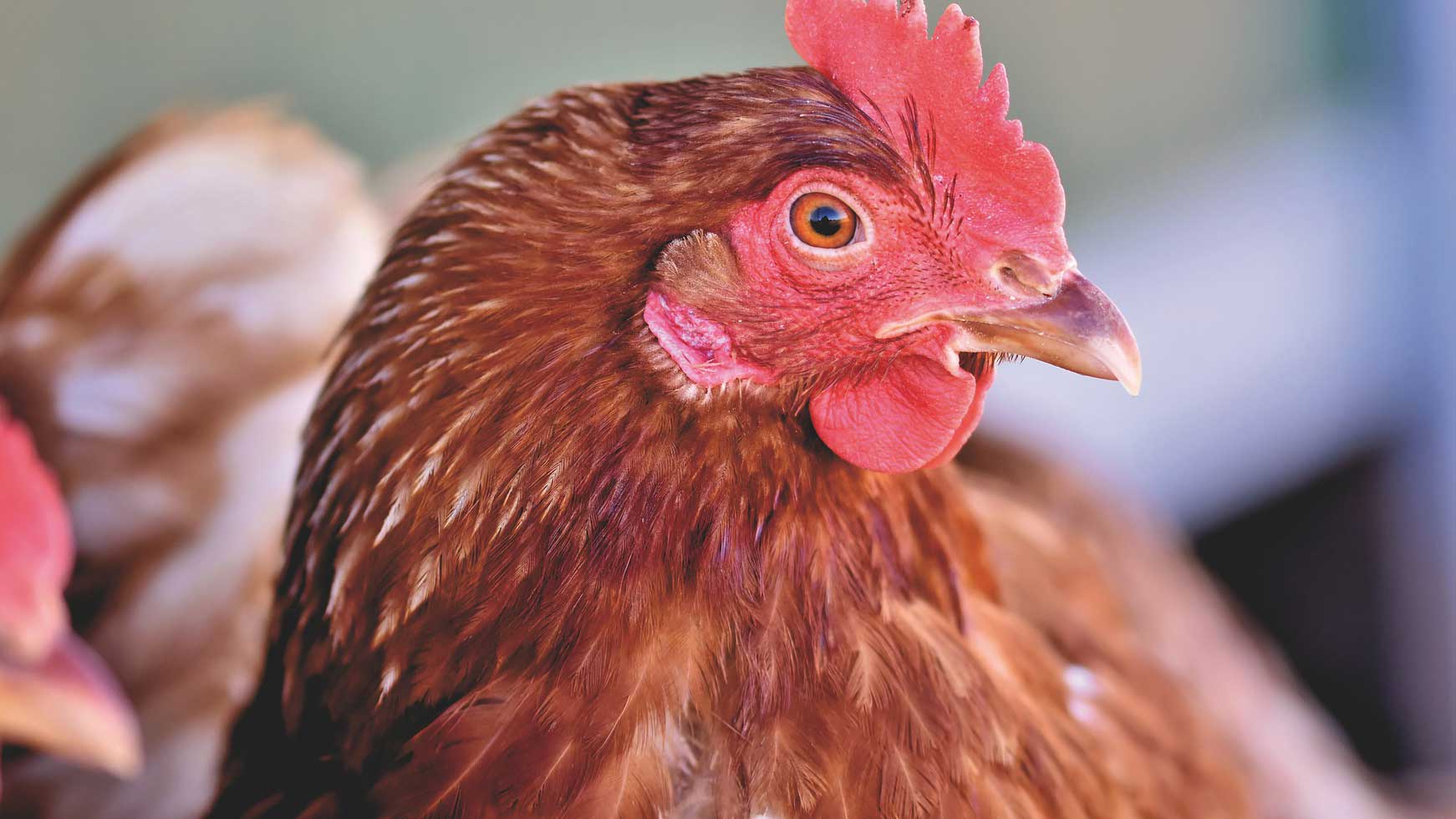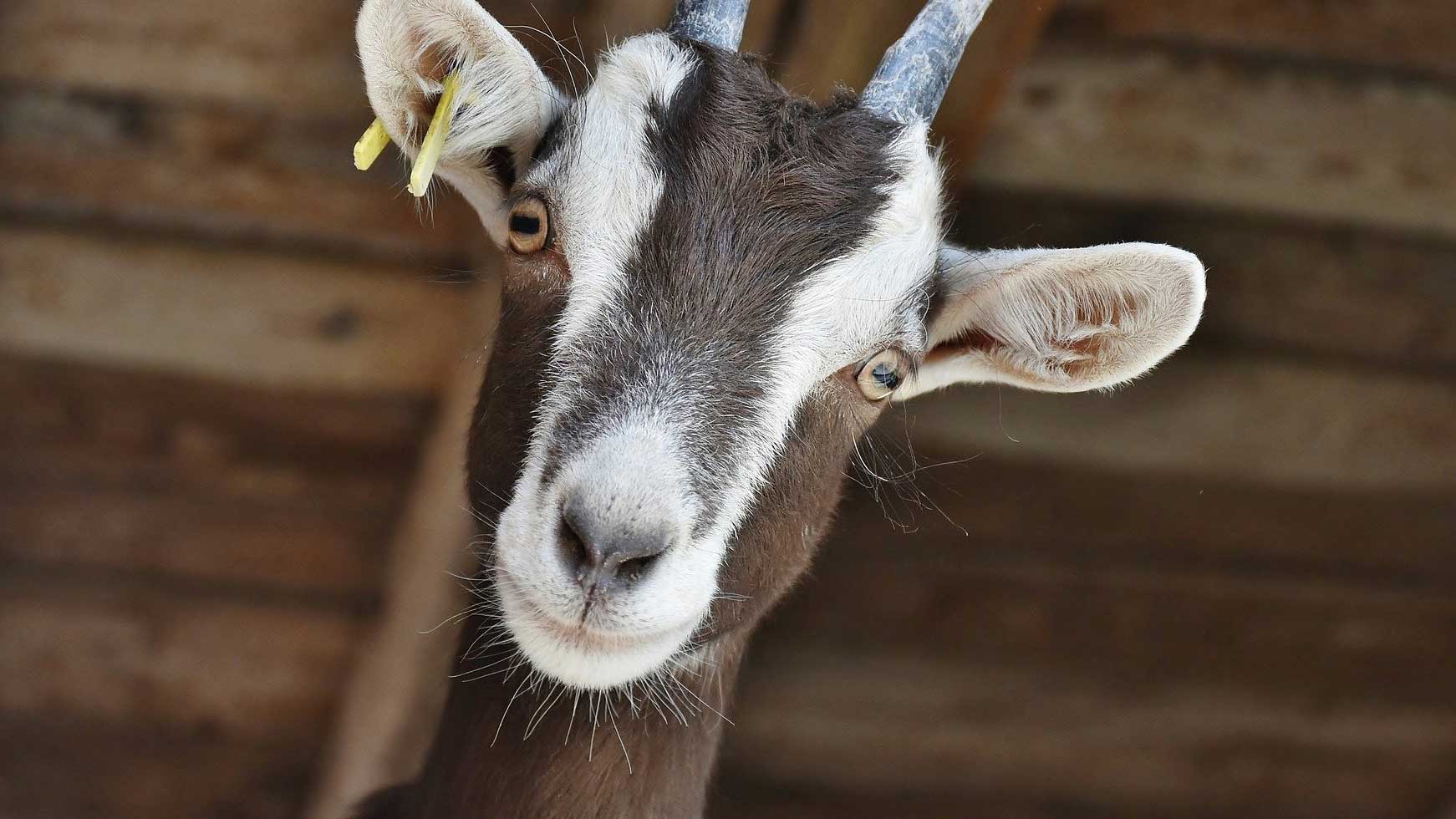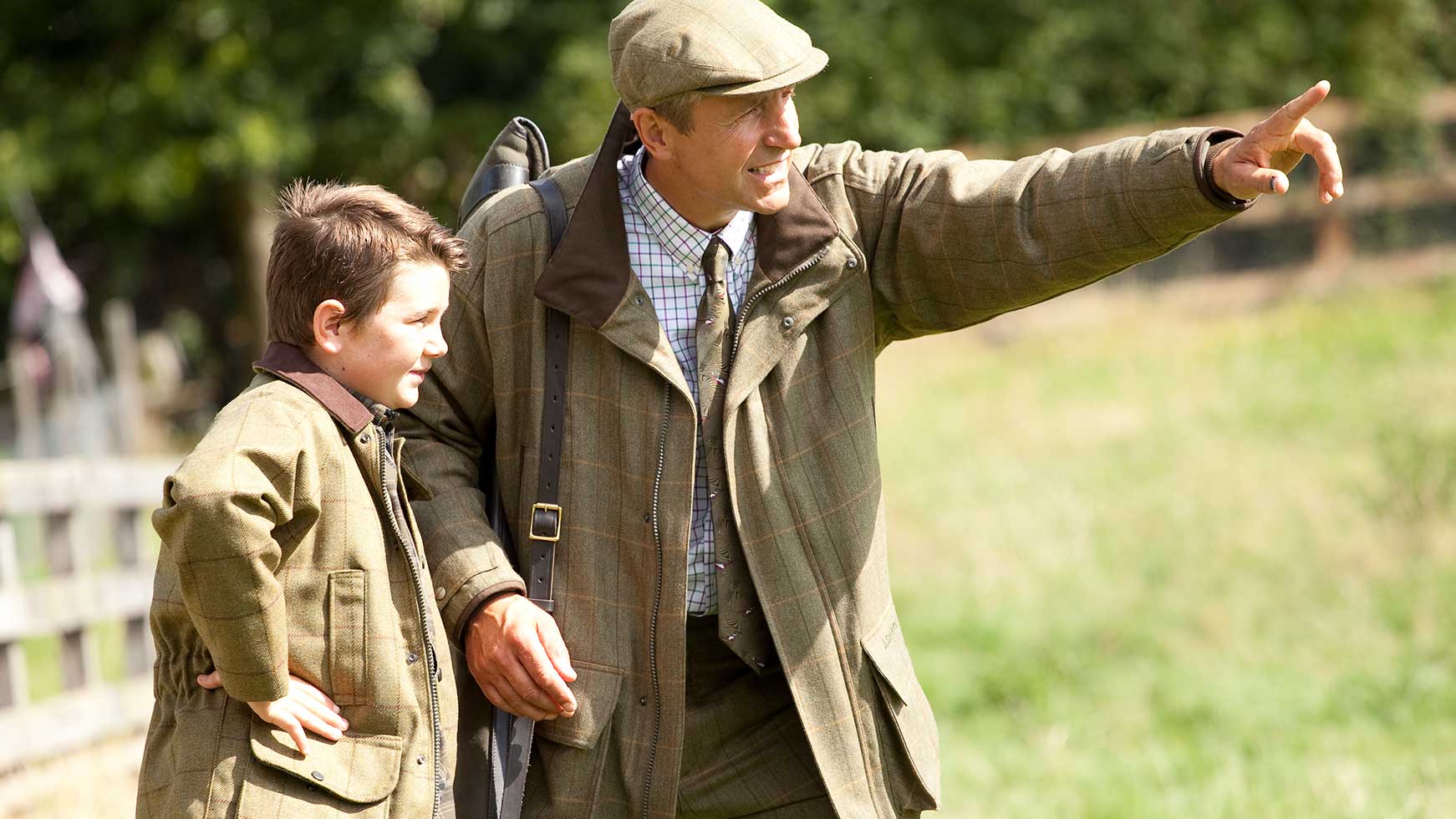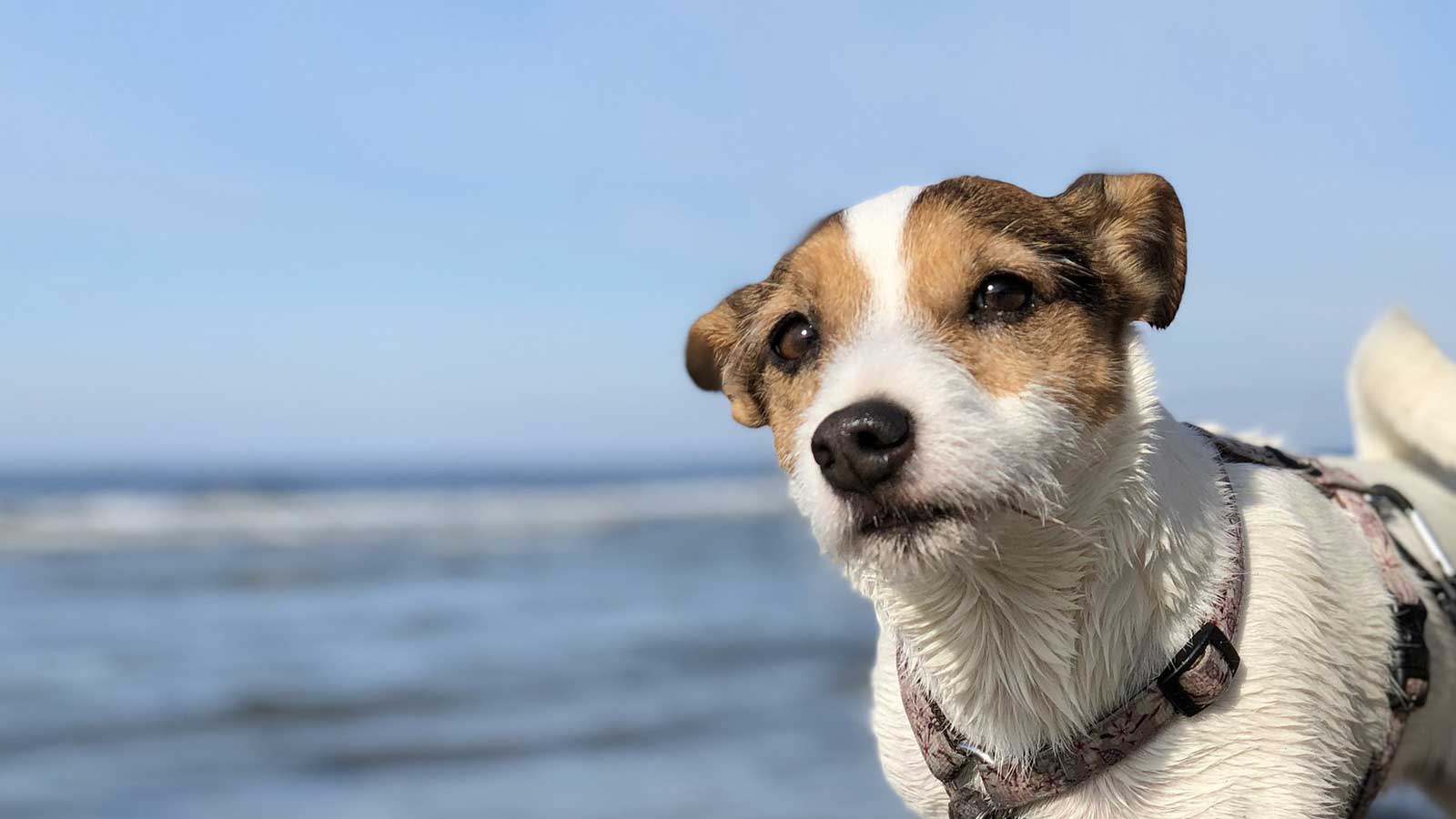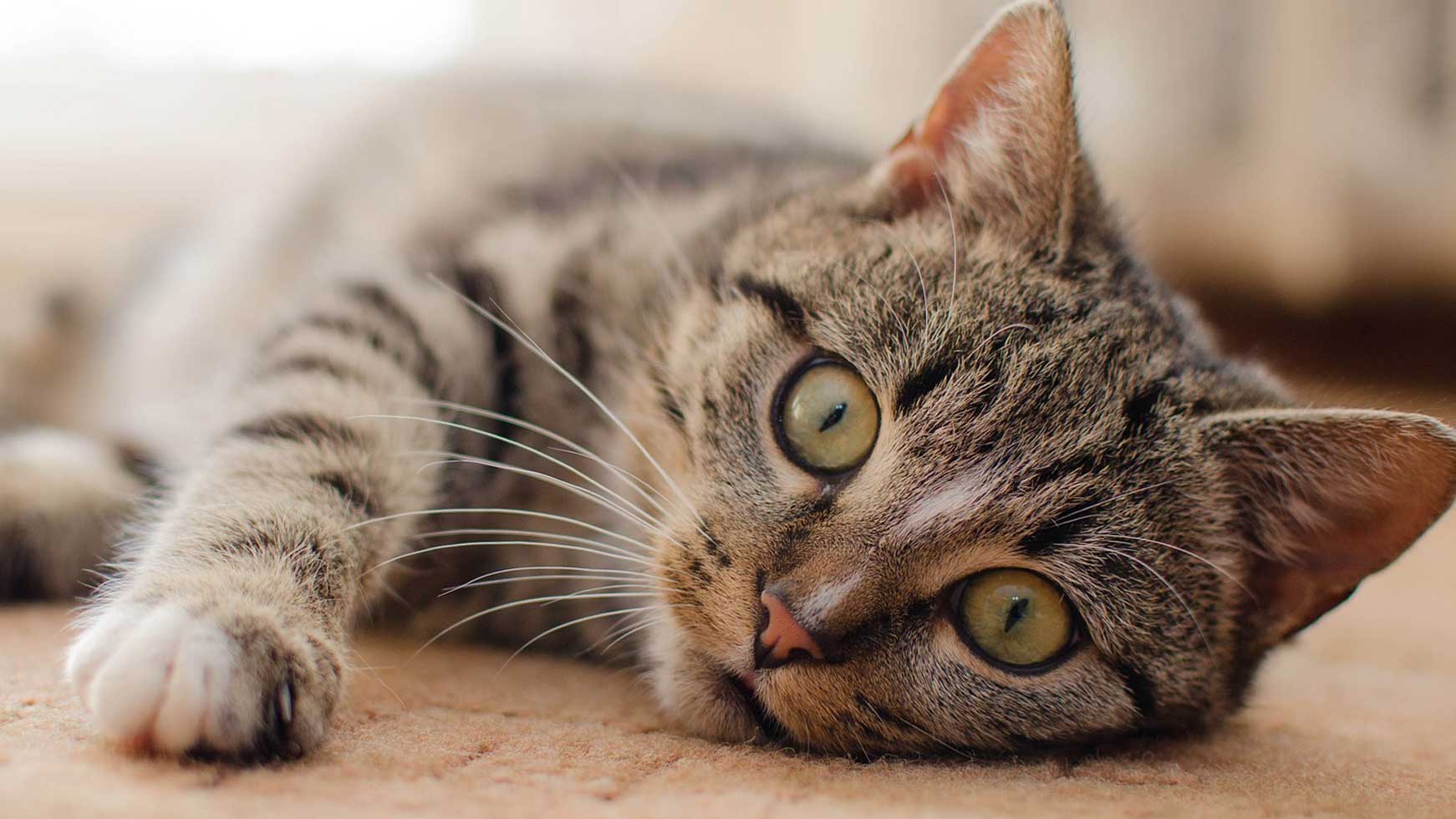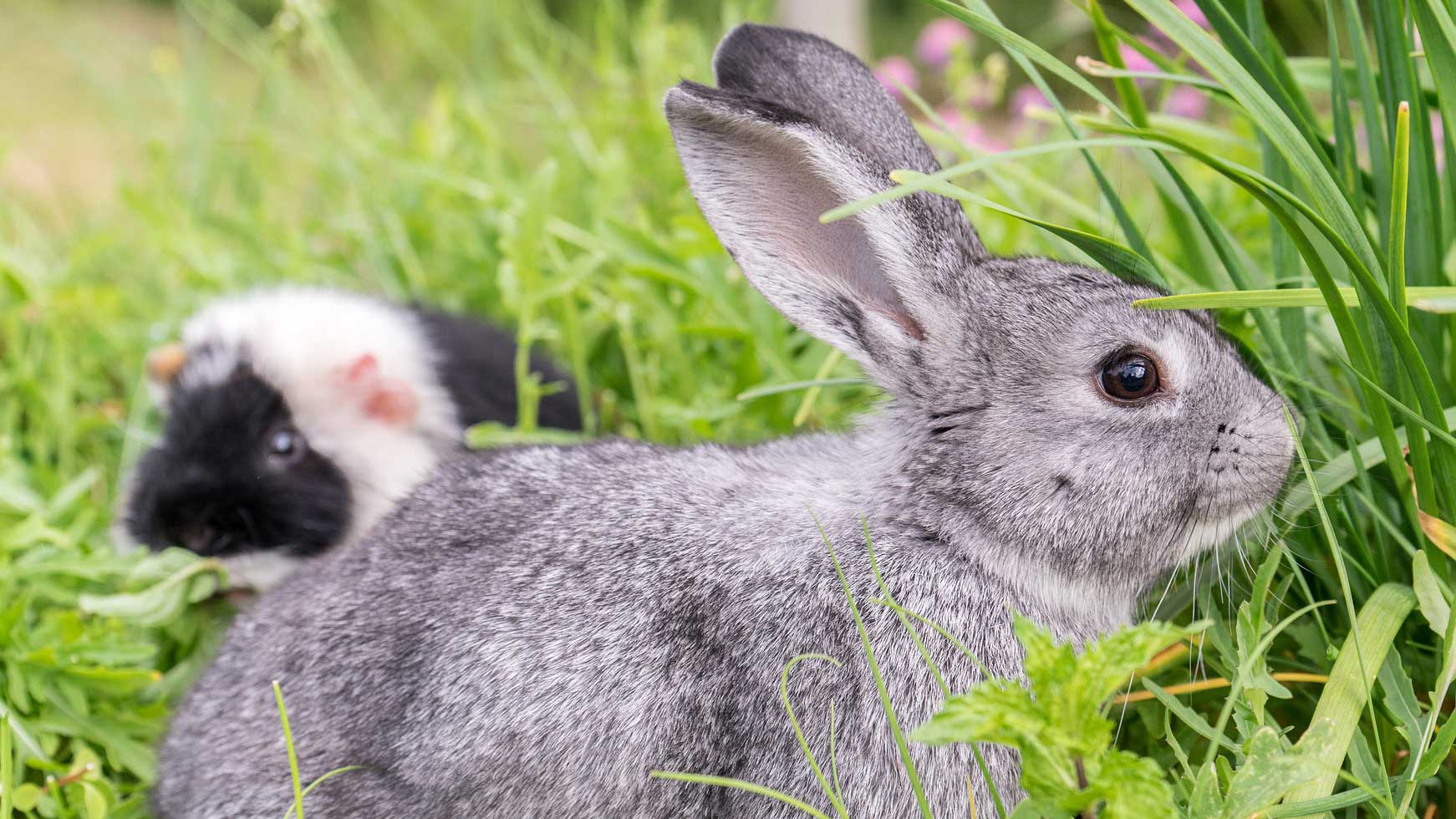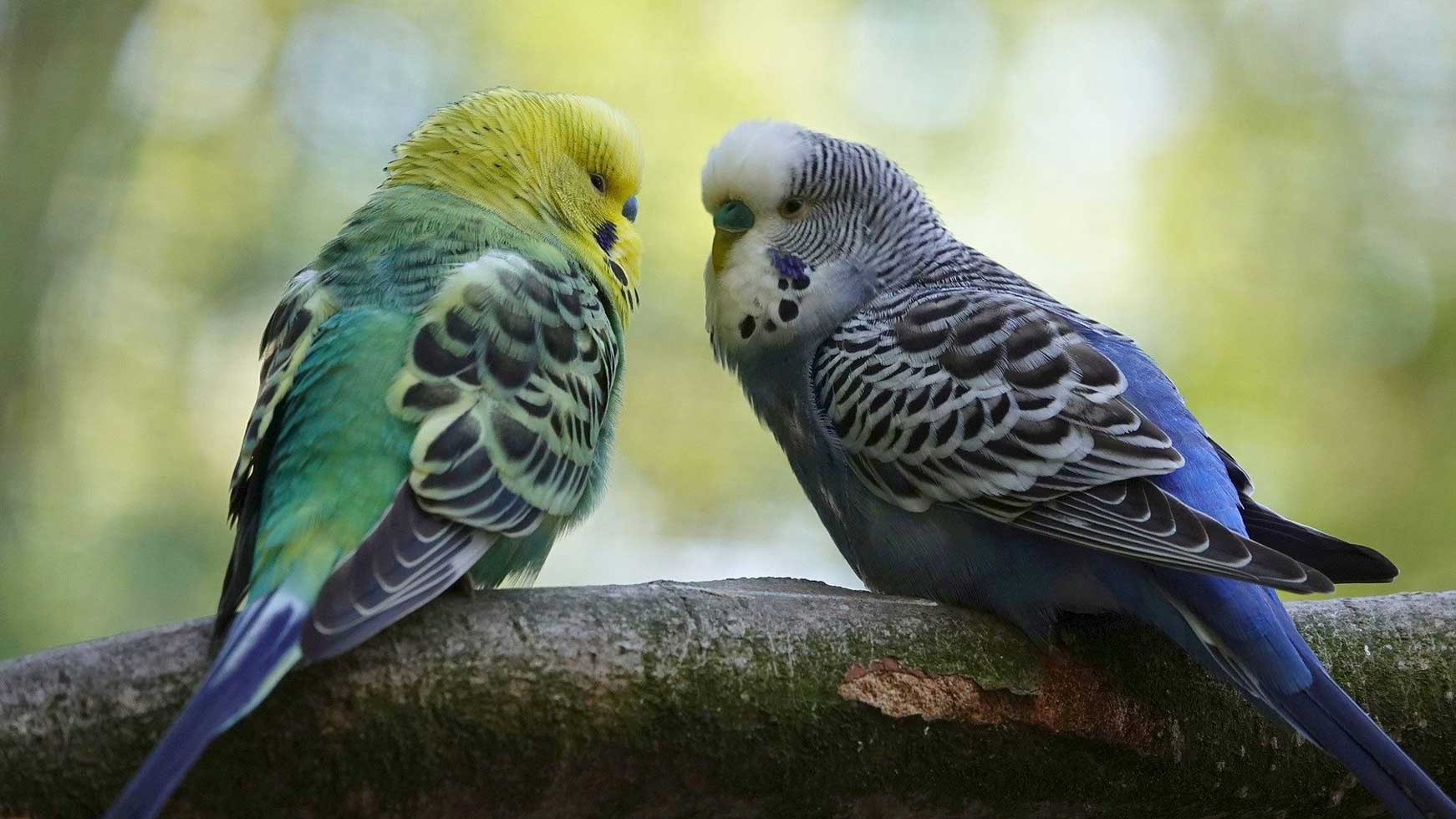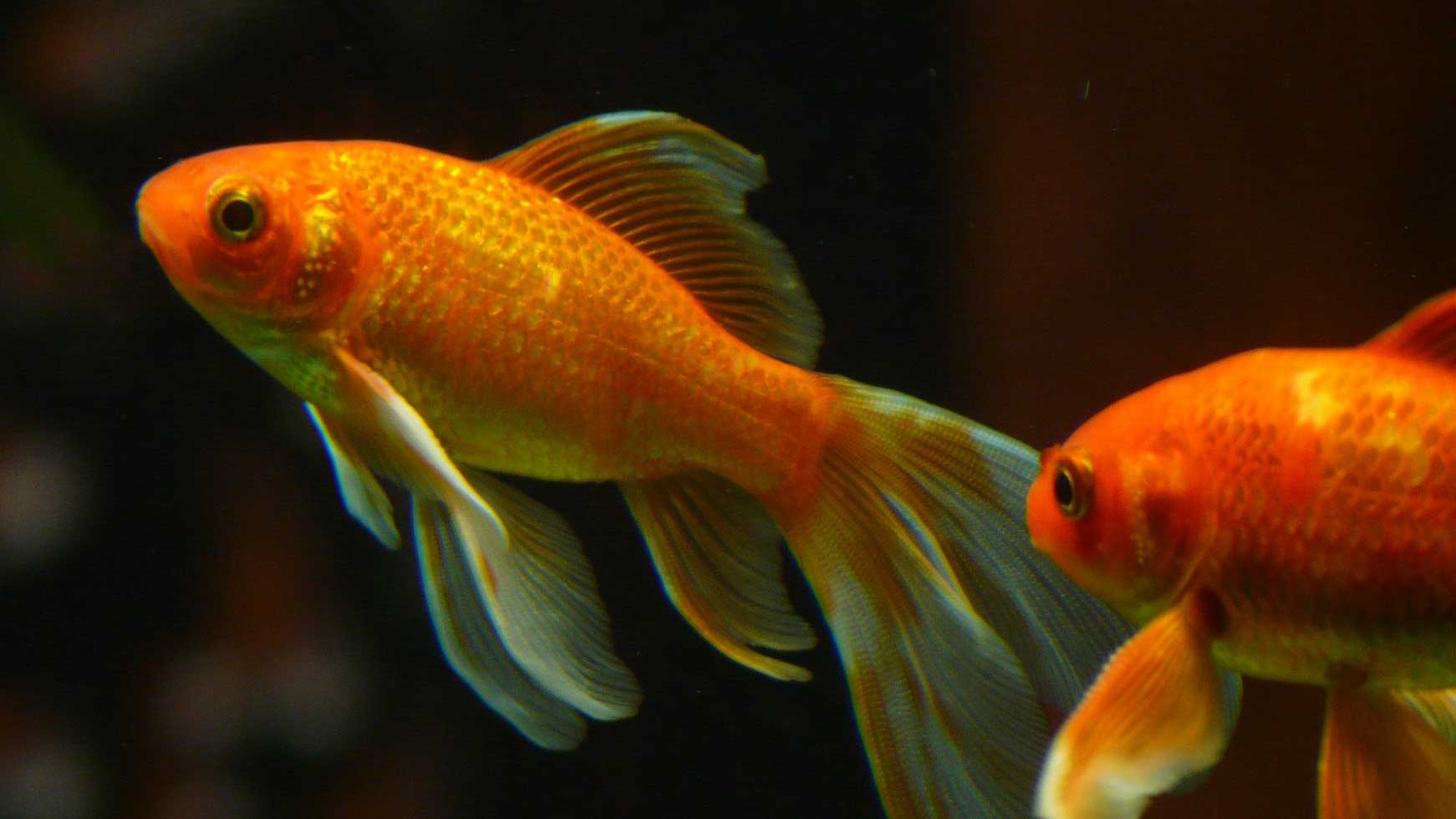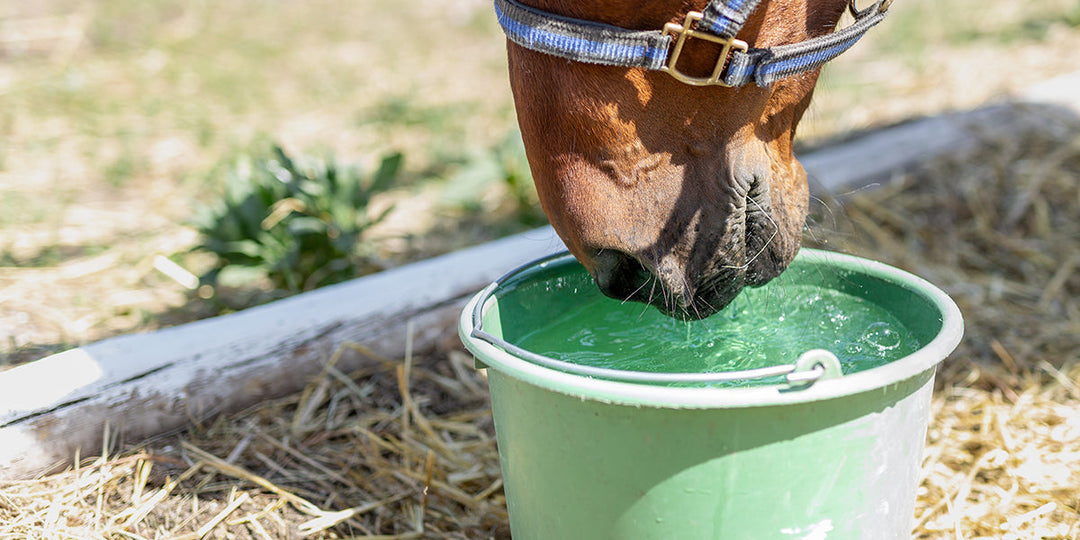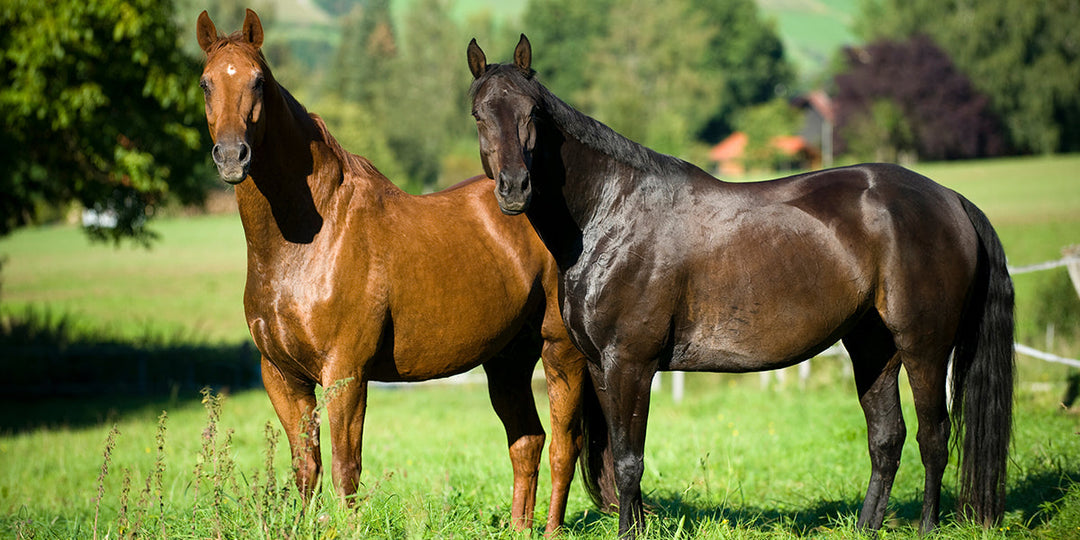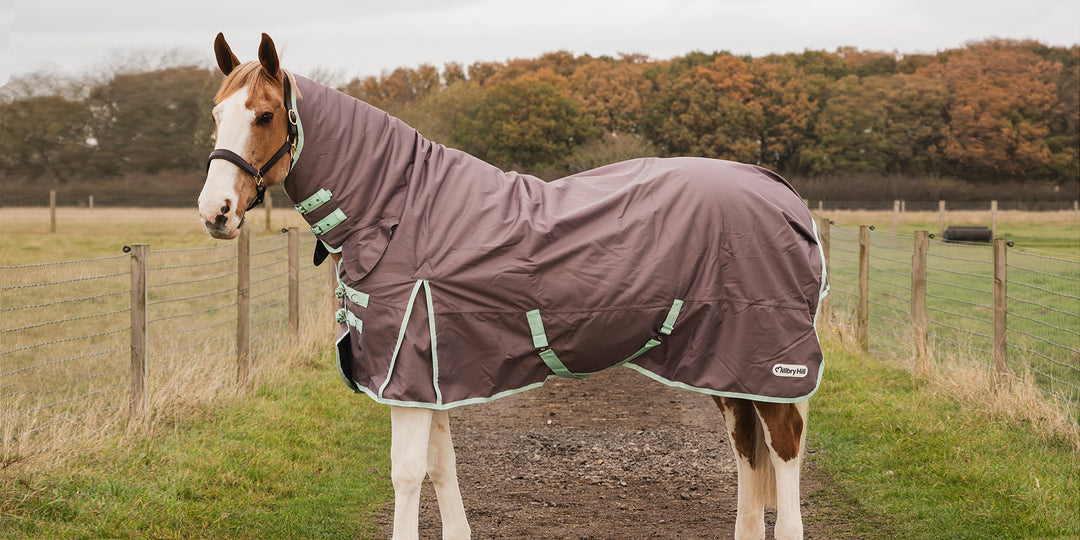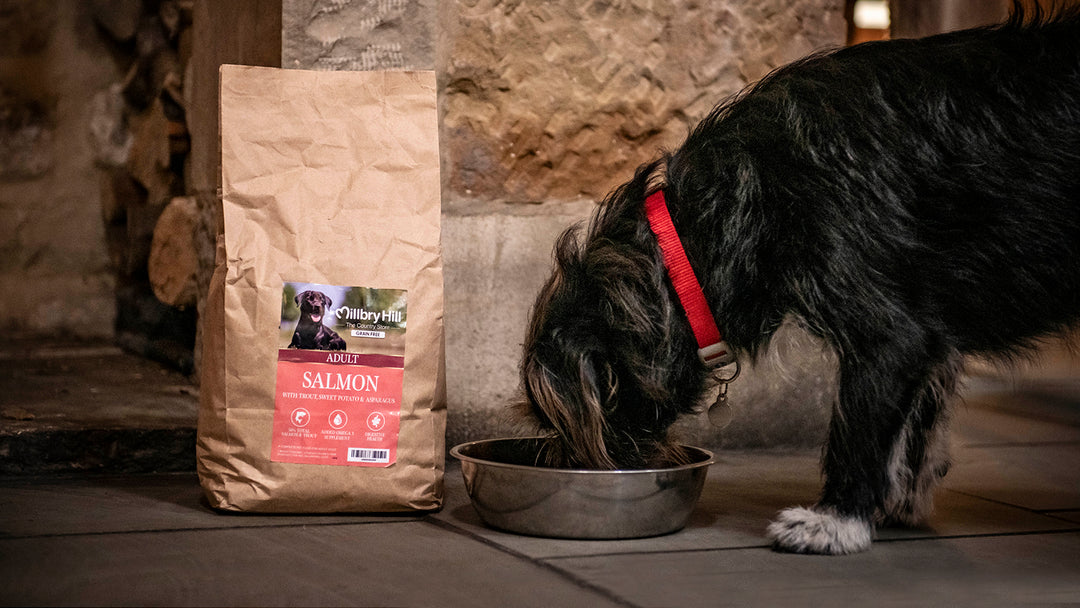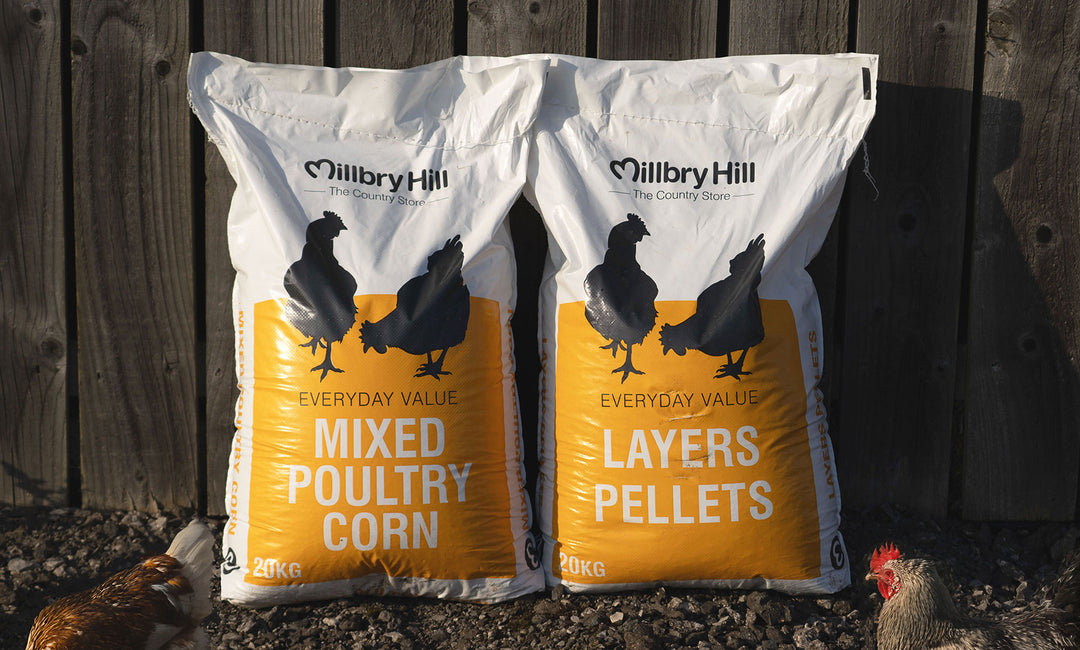Spillers Hot Weather Tips

Hydration is crucial to your horse's health and performance - yet it's one aspect that's often overlooked. But good hydration is essential for everything from nutrient transport to temperature regulation and digestion.
A horse's body is made up of around 65% water and staying hydrated supports natural functions. Even a small loss of hydration can greatly impact the body's ability to function correctly. When a horse is dehydrated, it not only impacts their performance but also increases the risk of serious health issues, such as colic.

In hot weather or during intense activity, a horse can lose more fluids, making it essential to ensure they always have access to fresh, clean water. A lack of hydration can lead to the gastrointestinal system slowing down, which could lead to colic. Hydration also helps keep the internal body temperature stable, reducing the chances of heat stress, which can affect overall well-being.
The horse's gastrointestinal tract acts like a reservoir where they are able to store a significant amount of water. So, provide plenty of water throughout the day and consider adding salt or electrolytes or using soaked feeds, especially during warmer months or after intense exercise.
Here are some quick tips to support hydration:
- Make sure your horse always has access to fresh water
- Offer a salt lick or electrolyte supplement to replace salts lost during sweating
- Consider adding water-rich feeds like soaked hay or mash to your horse's diet
- Monitor their water intake, especially during hot weather or after exercise
Did you know most horses drink between 20 to 30 litres of water per day? Just like us, their water needs change depending on the weather, how active they are and even what's in their diet, including their pastures!

Keeping your horse well-hydrated is very important for their overall health and well-being. Water helps with everything from digestion to temperature regulation and it's especially important when the weather is warmer.
Some things which might influence your horse's water intake include:
- Weather: On hot days, your horse may need more water to stay cool and hydrated
- Activity level: If your horse is exercising or working harder, they will require more water to replenish lost fluids
- Diet: Certain foods and forage, like dry hay, can make your horse thirsty; plenty of fresh water should be available at all times
To ensure your horse is drinking enough, always provide clean, fresh water. This is particularly important when they're stabled or after exercise. Keeping a close eye on their water intake can help you spot any changes early on, which can be a sign of health issues.
Here are a few tips to help your horse stay hydrated:
- Make sure water buckets are always clean and filled with fresh water
- Add electrolytes to their feed during hot weather or after heavy work to encourage drinking
- Keep an eye on how much they drink - changes in their usual intake can be a sign of dehydration or other issues

Ensuring your horse stays hydrated is essential to their health, performance and well-being, especially during warmer months or after exercise.
Here are some practical tips to help encourage hydration and keep your horse at their best:
- Water Quality: Always keep water troughs clean and regularly maintained. Horses are more likely to drink clean, fresh water, so regular cleaning is key to ensuring they're hydrated
- Consider Diet: Incorporating soaked feeds, like Spillers Perform & Restore Mash, into your horse's diet not only increases water intake from the feed but may also help increase voluntary drinking. This is especially helpful when your horse isn't drinking as much water on hot days or doesn't drink much when travelling
- Offer Electrolytes: Electrolyte supplements (or even table salt) are great for replacing lost minerals and encouraging your horse to drink more. They're especially useful after exercise or on hot days when your horse might be losing more fluids than usual
- Provide Shade and Shelter: Access to shade could be crucial in preventing overheating. Make sure your horse has a shaded area to retreat to during the warmer parts of the day. Placing water vessels in the shade may help them stay cooler for longer
- Manage Herb Dynamics: Ensure all horses in a group have equal access to water sources. Sometimes, dominant horses can prevent others from drinking, so be mindful of how your horses are interacting around water troughs and perhaps have more than one water station
- Travel Considerations: If you're going on long journeys, offer water to your horse regularly. Travel can be stressful and staying hydrated can help keep them comfortable during the trip. Also, be cautious of over-rugging when travelling!
Hydration plays a huge role in your horse's health. Whether they're working hard, enjoying a sunny day in the field, or travelling, making sure they drink enough water is one of the most important things you can do for their health.
If you have any questions or need expert advice on your horse's hydration, don't hesitate to speak to a Spillers™ nutritional specialist on 01908 226626.

Electrolytes are minerals which are involved in many essential processes, including;
- Transmission of nerve impulses
- Muscle contractions - including those that make your horse's heartbeat!
- Controlling the movement of water around the body
- Maintaining the body's pH (acidity level)
Electrolytes are lost from the body in urine, droppings and sweat and therefore need to be replaced by the diet. The main electrolytes lost in sweat are sodium, potassium and chloride. Forage is typically high in potassium, so for many horses, simple table salt (the salt you put on your chips) is an effective supplement as it is a combination of sodium and chloride. If the majority of sodium lost in sweat is replaced by table salt, chloride requirements will typically be met for most horses in the UK, too (additional considerations may be needed for endurance or sports horses).

Soaking hay can be a great way to reduce sugar content, but there's an important rule to keep in mind: in hot weather, soak for less than 3 hours!
In hot conditions, soaking hay for long periods can actually increase the risk of bacterial growth, which may be harmful to your horse. So, while soaking hay can help lower the water-soluble carbohydrate (sugar) content, long soaks in hot weather create the perfect environment for bacteria to thrive, putting your horse at risk of digestive upset. Perhaps consider increasing the amount of water you soak your hay in too.
Spillers is a leading brand in horse nutrition and well-being and at Millbry Hill, we stock an extensive selection of Spillers products for you to choose from. Find the right feed, treat or supplement from Spillers today.





